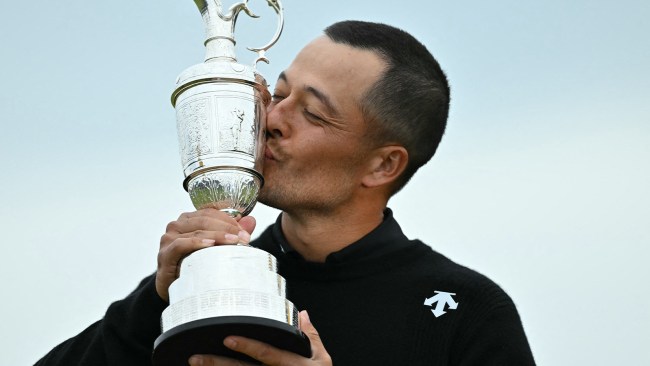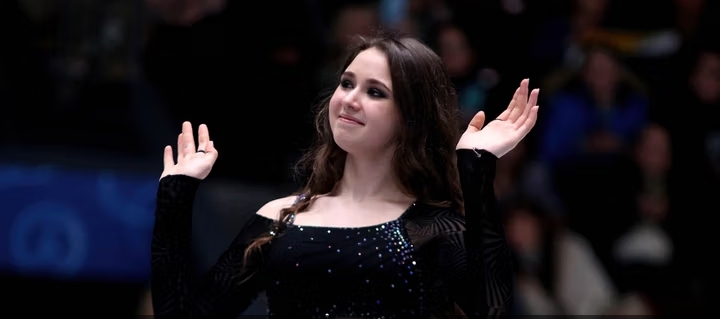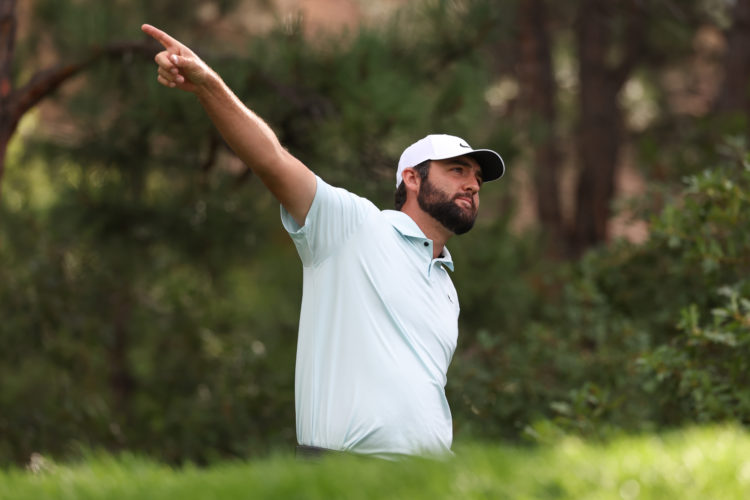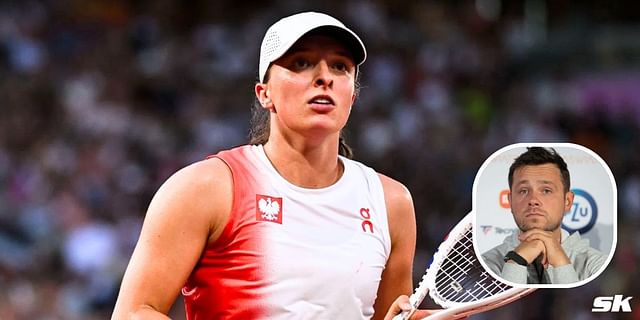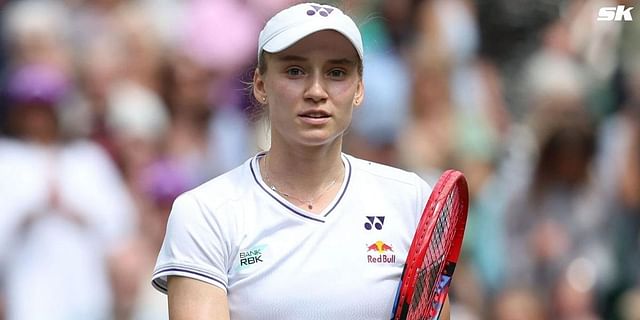Xander Schauffele Discusses Painful Aftermath Of Three-Day Bender After British Open
Xander Schauffele, having triumphed at The British Open last month, found himself not only basking in the glory of his victory but also grappling with the repercussions of a celebratory bender. The win was a significant milestone for Schauffele, who had previously clinched his first major title at the PGA Championship just two months earlier. This back-to-back success has propelled him into the conversation about the golfer who has had the most impressive year. Despite Scottie Scheffler being the early favorite heading into the British Open at Royal Troon, Schauffele managed to steal the spotlight with a thrilling two-stroke victory, securing the coveted Claret Jug.
While Scheffler remains a strong competitor with several wins this season, Schauffele is making a compelling case for himself with an impressive record. He has not only secured the Claret Jug but also achieved a remarkable dozen Top 10 finishes, including two runner-up spots, out of the 18 tournaments he has participated in this year. This level of performance is impressive, especially in a sport where consistency and excellence are paramount.
One of the unique aspects of winning The British Open is the opportunity to celebrate with the Claret Jug, a trophy known for its distinctive design and historical significance. Traditionally, winners of this prestigious trophy have enjoyed it as a vessel for various celebratory drinks. Schauffele embraced this tradition, using the Claret Jug to pour and enjoy red wine with his father. However, the celebration didn’t stop there; he also indulged in tequila, among other alcoholic beverages, over the course of the celebrations.
Schauffele’s admission in a recent interview with Sports Illustrated provides a candid look into the aftermath of his celebratory period. The golfer, who does not typically indulge in much alcohol, described the experience of drinking heavily for three consecutive days as a substantial challenge. The recovery process was notably slow, a stark contrast to his usual quick bounce-back after intense competition.
To monitor his recovery, Schauffele relies on technology such as the Oura ring and WHOOP device, which help track his sleep patterns and overall wellness. He noted that it took a significant amount of time for his sleep scores and overall recovery metrics to return to their usual levels. This experience has given him a newfound appreciation for the physical toll that such celebratory activities can impose, especially as an athlete in his 30s.
In sharing this part of his journey, Schauffele adds a humanizing touch to the story of his remarkable achievements. The physical and mental recovery from celebrating such a monumental win is a testament to the challenges athletes face off the course, alongside their competitive endeavors. As Schauffele continues to excel on the golf course, his recent experience with the Claret Jug serves as a reminder of the balance between celebrating success and managing the realities of recovery.
